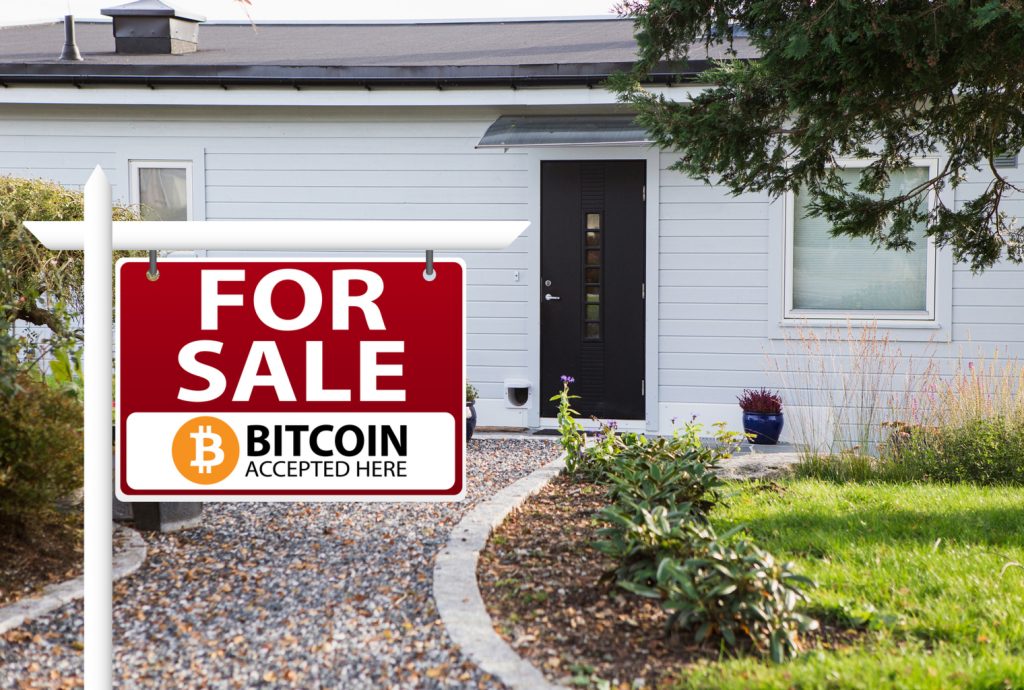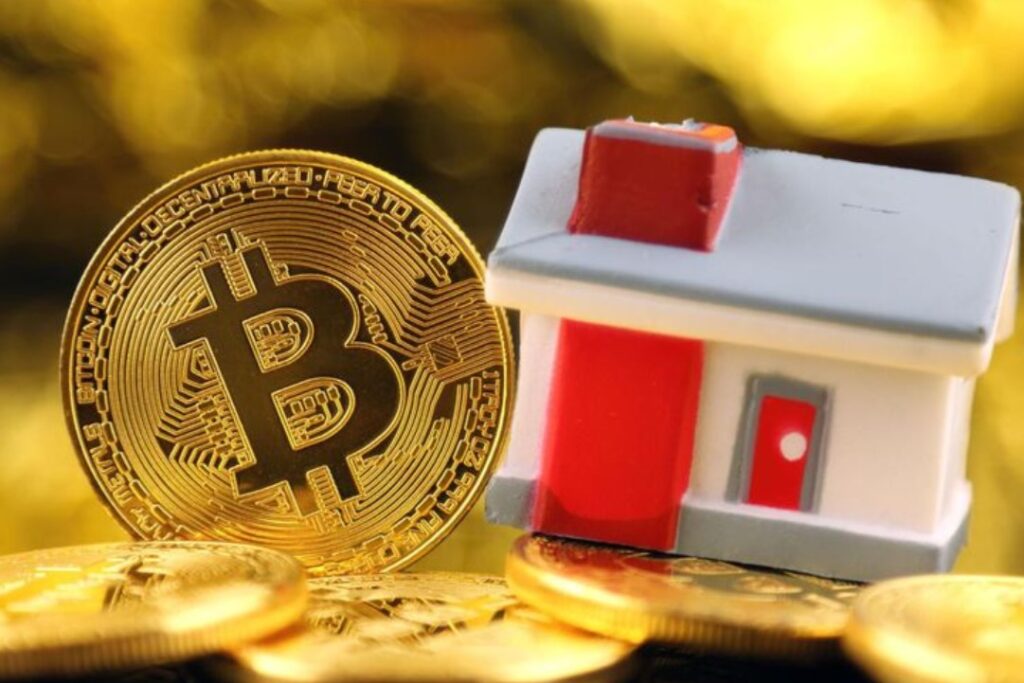A blockchain network is a set of distributed ledgers that are decentralised and spread across several nodes in a network. They are referred to as “blocks” because they are linked together using encrypted codes to form a network of information chains. Besides a date and the data connected with a particular transaction, each block also contains the cryptographic id of the block preceding it and the data associated with that transaction.
To be included in a block’s hash id, a transaction’s timestamp must show that the data was there at the moment the block was generated. In contrast to the blockchain, which is a network of distributed ledgers, cryptocurrency, often known as crypto, is a set of tokens that are used to exchange value or money from one peer to another inside a blockchain network. Cryptocurrency trading takes place on a market known as the crypto trading market, which generates the value or money. To know more about crypto trading click here.
How can the real estate industry utilise blockchain and crypto technology?
Existing technologies have been significantly disrupted by blockchain. Be it financial services or corporate legal services, this new technology is merciless enough to upend centuries-old practices. Traditional investment instruments like stocks, start-up ESOPs, and venture capital investments have been put at huge risk by initial coin offerings (ICOs) and it doesn’t seem to stop here.
The blockchain revolution has affected every business, including real estate.
Historically, high-value assets like real estate have not been traded exclusively digitally. Offline transactions usually require face-to-face encounters with representatives from a wide range of various organizations. On the other side, the advent of blockchain technology has created new avenues for innovation. Smart contracts are one of those. Smart contracts have made it possible to tokenize and sell assets in cryptocurrencies (e.g. bitcoin and Ethereum) like any other contract agreement selling.
The use of blockchain and cryptocurrency in the real estate industry can change the asset owing game forever. Following are some techniques that are being utilized or can be utilized by the real estate industry that can cause a paradigm shift.
According to Solus T – Telegram Marketing for Crypto , when a real estate property or asset is tokenized, it can be traded over exchange platforms and marketplaces. This ensures that one can sell or buy their share of assets anytime and anywhere. And we all know that the crypto exchange is liquid enough to trade your tokens in no time.
1. Trading Platforms and Marketplaces

Source: news.bitcoin.com
Traditionally, real estate technology has focused on listing and bridging the gap between buyers and sellers with real estate agents. While traditional methods of dealing with real estate are being disrupted, blockchain provides new possibilities for real estate trading platforms and online marketplaces.
In order to make real estate and rental property transactions easier, several new start-ups are creating platforms that make use of blockchain technology. Tokenizing real estate properties make it possible to trade assets like stocks on a stock market, with all transactions taking place via the Internet.
By leveraging property tokenization, vendors are able to exchange assets and liquidate them through a token sale on their platform, much like a stock sale. Customers that buy-in with tokens get a share in the property and may then trade those tokens for other currencies like USD whenever they want to.
2. No Brokers or Intermediaries Commissions
The real estate sector has long been influenced by brokers, attorneys, and financial institutions (such as banks and non-bank financial companies, or NBFCs). Nevertheless, it’s possible that the function and responsibility of real estate brokers may soon alter as a result of blockchain technology. It’s plausible that new platforms may take over tasks such as listing, payment, and legal paperwork in the near future.
By cutting out the intermediaries, buyers and sellers will save money on commissions and fees. There will be no back and forth between the middlemen anymore, which will greatly improve the overall efficiency of the whole real estate system.
3. Solving the Century-old Liquidity Issue

Source: tgm.sg
Everyone knows that the only problem with real estate assets is that they aren’t liquid. This has been a nightmare for most of the people who invest in real estate properties and assets. But guess what, with the help of blockchain and crypto tokens the tech geeks are taking care of this age-old issue as well.
When a real estate property or asset is tokenized, it can be traded over exchange platforms and marketplaces. This ensures that one can sell or buy their share of assets anytime and anywhere. And we all know that the crypto exchange is liquid enough to trade your tokens in no time.
4. Decentralization and Smart Contracts
As a decentralized technology, blockchain assures confidence and security. All peers on the blockchain network have access to the information recorded in the blockchain, making it transparent and unchangeable. Gluttony and a lack of transparency on the part of institutions had fatal implications during the 2008 housing bubble burst. Trust is ingrained in a decentralised exchange from the start.
There is more trust between buyers and sellers when information can be verified by others. Fraudulent activities can also be curtailed to a much higher extent. Recently, legislation was passed in Vermont and Arizona over smart contracts being as an admissible document. This is going to give another massive shift in the age-old paper contracts.
Smart contracts are rapidly becoming acceptable documents in many organizations. Smart contracts have made it possible to tokenize and sell assets in cryptocurrencies (e.g. bitcoin and Ethereum) like any other contract agreement selling. All this is done with the consensus of both the buyer and seller but with an efficiency that is way above those with convention contracts or agreements.
Read more on Solus B – Blockchain Marketing Agency.
5. Fractional Ownership of Assets

Source: canadianrealestatemagazine.ca
As everyone knows, owning a real estate property requires heavy investment. The whole real estate industry is a capital intensive game that most people miss out on because of its huge ticket price. Well, crypto can be a game-changer in this regard. With exchange platforms offering fractional ownership of tokens, the tokenized properties will no longer require a whole buying. In addition to that with fractional ownership, one can avoid the hassles of renting and leasing real estate properties.
With all these benefits of blockchain and crypto, if incorporated in a proper manner, the real estate industry can witness a massive wave of change that will not only mitigate the fraudulent issues but will also innate trust among the buyers and sellers. From cutting intermediary commissions to accomplishing deals over smart contracts, this century-old industry will be watching the new dawn of the era.
Additional resources:
- Buying a house? Learn more about a crypto mortgage with thehomeloanexpert.com.



